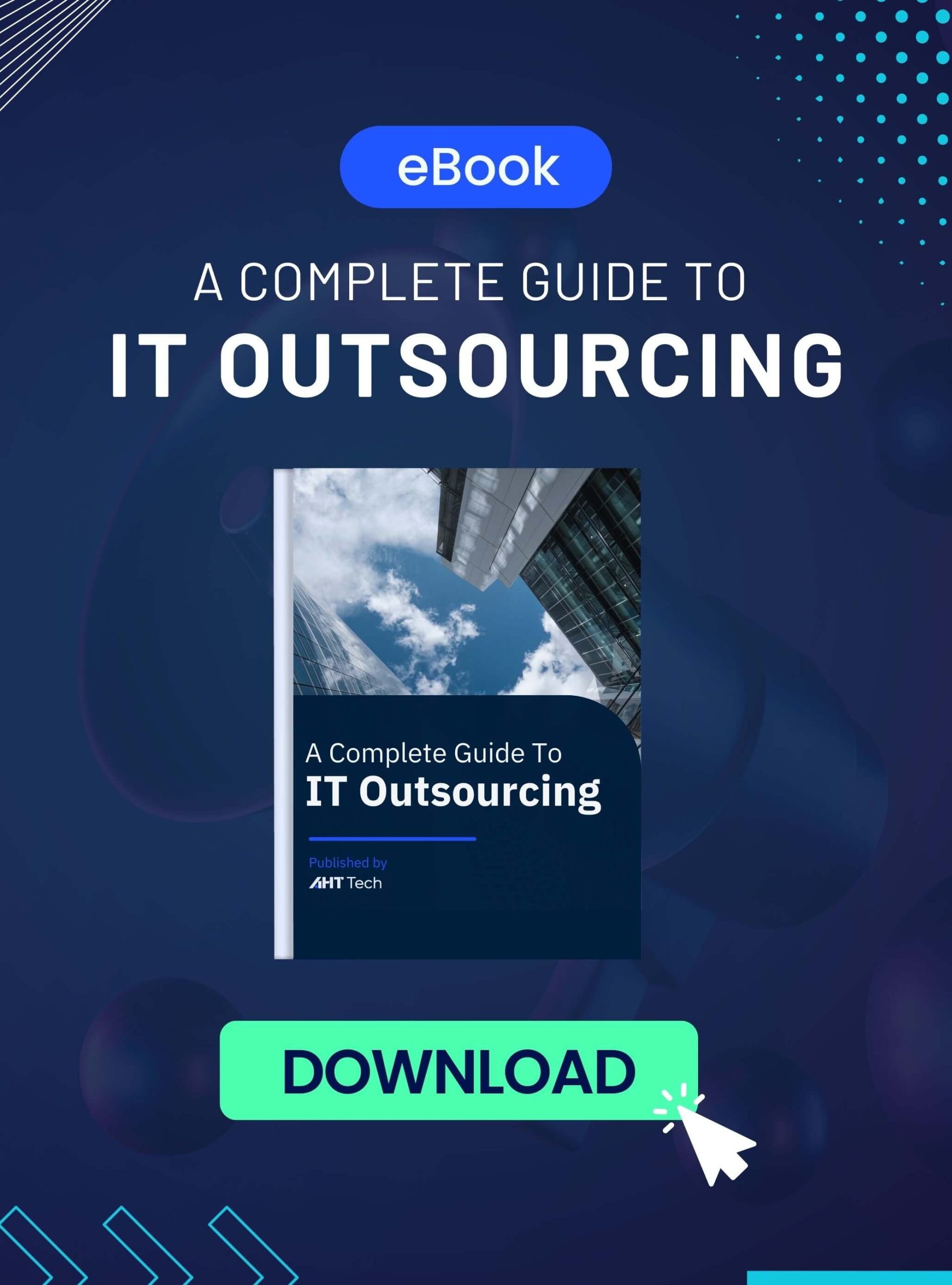TABLE OF CONTENT
What Is Headless Commerce for Enterprise?
6+ Enterprise Headless eCommerce Platforms
Conclusion
What Is Headless Commerce for Enterprise?
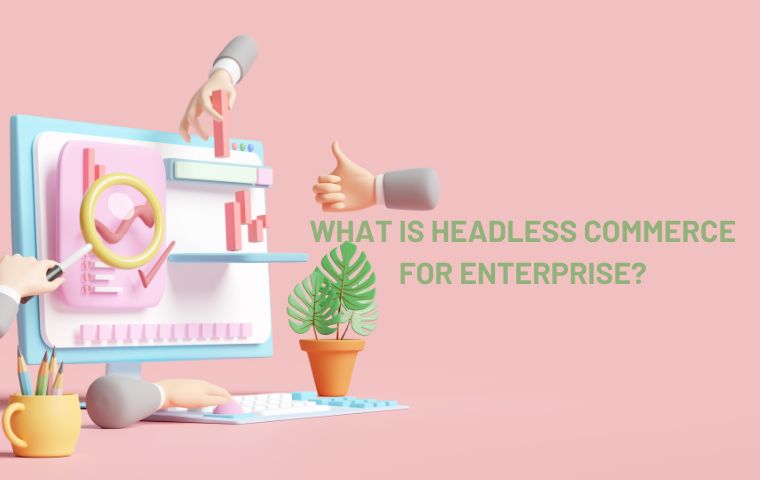
Enterprise headless eCommerce separates the front-end (what the customer sees), and back-end architecture ( where data is processed). Nevertheless, within the headless commerce framework, these components are distinct, enabling enhanced adaptability and personalization. Within this context, the “head” (user interface layer) is detached from the “body” (commerce functionality), enabling companies to deliver a cohesive shopping experience across various digital channels, such as websites, mobile apps, smart devices, and even in-store displays.
However, they often face barriers in eCommerce development, such as outdated technology or cumbersome management. This architecture allows businesses to choose any front-end system or interface they desire while maintaining back-end consistency. Thanks to this, they can customize and optimize aspects related to customer interactions without affecting the core infrastructure.
6+ Enterprise Headless eCommerce Platforms
BigCommerce
BigCommerce is not only a regular e-commerce solution, but also a trusted “comrade” of businesses, accompanying and supporting them in every step on their digital business path. With BigCommerce, businesses are not simply “customers,” but companions, willing to work together to create great shopping experiences for their customers.
BigCommerce’s flexibility is like a “shirt” that businesses can freely customize and coordinate to reflect brand policies and strong customer interactions. Unbound by any restrictions, businesses are free to choose the technology and presentation platform that best suits their personalization, from custom websites to mobile apps.
With BigCommerce by your side, businesses feel secure and confident when growing and expanding their business. Whenever the need arises, they can easily handle everything from traffic and transactions to extensive product catalogs, without worrying about affecting performance. And with BigCommerce’s cloud-based infrastructure, they can be sure that everything will run smoothly and reliably, even during the peak times of business.
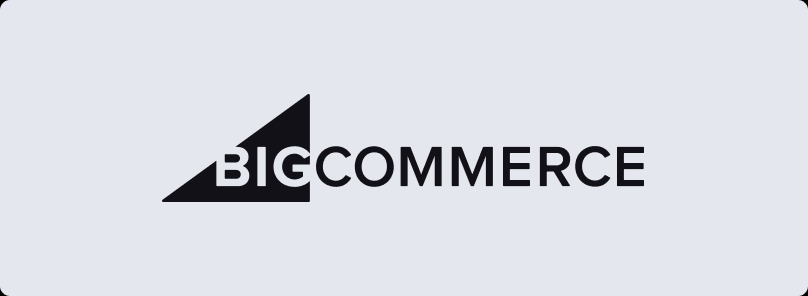
Pros
- Scalable functionality, full-featured CRM
- Supports multi-channel sales and multi-store creation feature
- There is no limit to the number of goods that can be added to the catalog
- Advanced SEO optimization capabilities are available out of the box
- Flexible and Easy to Use
- Large support community
Cons
- Limited customization
- No multi-language support (only available through third-party apps)
- Transaction fees: BigCommerce charges a transaction fee for each transaction completed through their payment gateway
- Price list restrictions
Pricing
- Standard package: From $29.95 / month
- Plus Package: From $79.95 / month
- Pro Package: From $299.95 / month
- Enterprise package: Personalized pricing, suitable for large businesses with high-end needs.
Shopify Plus
Shopify Plus serves as a leading SaaS e-commerce platform and a reliable companion for both large and growing businesses. It empowers businesses with versatile tools and features to craft exceptional and captivating shopping experiences for customers across various devices and digital platforms. By offering a headless ecommerce solution, Shopify Plus enables businesses to transform any screen or digital device into a potent sales channel. This allows businesses to harness their creativity and adaptability in order to deliver a superb and seamless shopping experience for their customers. Renowned for being utilized by some of the world’s most innovative and pioneering businesses, Shopify headless commerce goes beyond being a mere tool; it becomes a trusted partner in shaping and enhancing customer experiences.
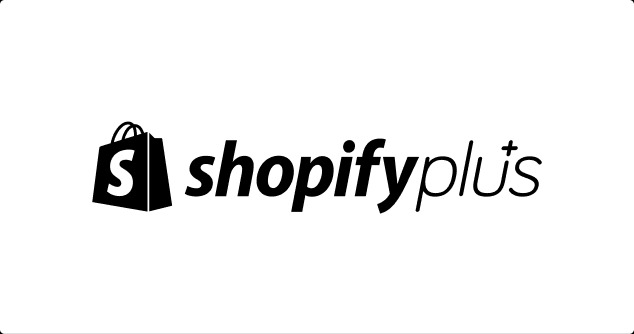
Pros
- Powerful backend options: high-speed performance, omnichannel, automated business processes, scaling capabilities, and more.
- Customize the user interface with the visual editor or direct access to the code
- Built-in tools and integrations, including powerful APIs and over 1,500 apps and extensions
- 24/7 customer support: Shopify Plus provides ongoing customer support, helping businesses resolve issues quickly and easily.
Cons
- High monthly fees to operate an online store + transaction fees
- There are no B2B sales options in the out-of-the-box functionality without a third-party application
- Payment cannot be managed
- Limitations in customizing the look and feel: Although there are many customization features, there may be some limits in adjusting the look and feel of your store.
- Highly technical requirements: Using Shopify Plus can sometimes require deeper technical knowledge to optimize your store and integrate complex features.
Pricing
- Basic For solo entrepreneurs: $25USD/month
- Shopify For small teams: $65USD/month
- Advanced As your business scales: $399USD/month
- Plus For more complex businesses: Starting at$2,300USD/monthon a 3-year term
OroCommerce
OroCommerce proves to be a valuable selection for B2B companies looking for a dynamic and efficient e-commerce platform. Initially crafted for B2B structures, its customizable features allow it to serve B2C, B2B2C, and B2B2B models effectively. The ability to manage inventory effectively is one of the highlights of OroCommerce. This allows you to confidently manage multiple sites and warehouses, tailoring product catalogs and pricing to your needs. With OroCommerce, expanding your business is easier than ever. The platform’s high load capacity ensures that you can process orders and transactions in bulk without performance hit. This helps you focus on growing your business without worrying about technical issues.
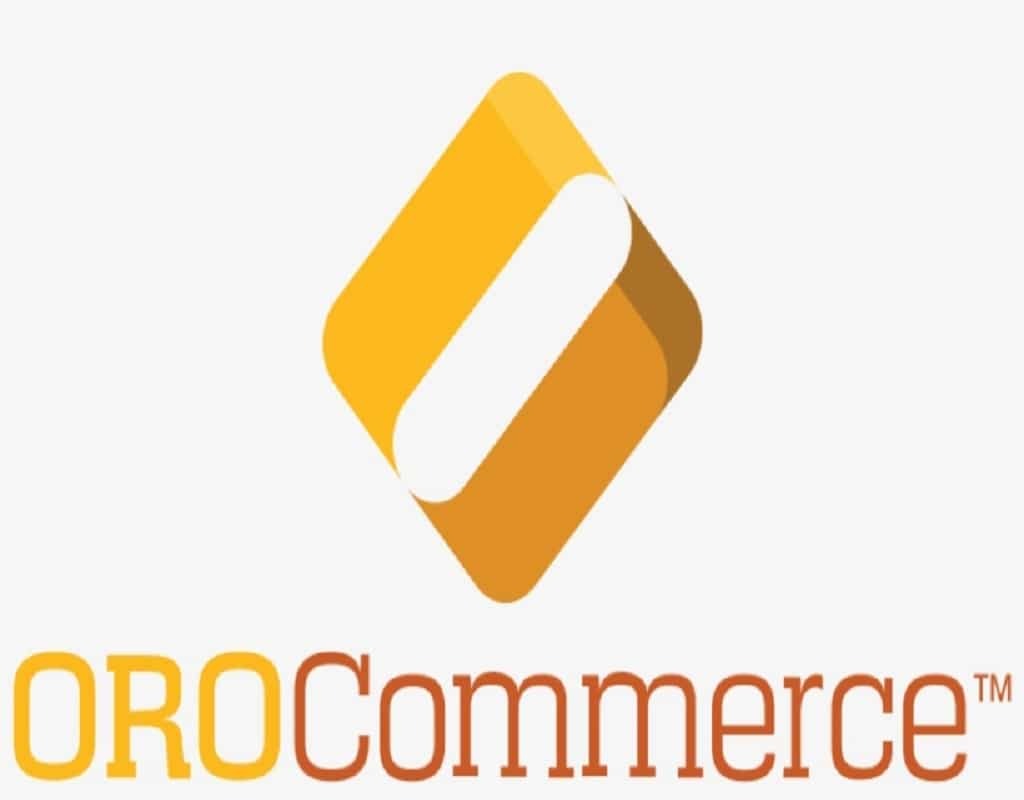
Pros
- Manage multiple stores from a single interface
- Effective inventory management
- Strong focus on B2B: corporate customer accounts, promotion management, custom catalogs, etc.
- Supports B2B marketplace administration and self-service portal
- Scalability and flexibility
- Integrate with EDI, PIM, ERP and other third-party systems
Cons
- Extensive coding experience required
- There are only a few additional extensions available along with built-in functionality used for most operations
- Difficult implementation
- Limited support community
Pricing
- Community Edition $0.00
- Enterprise Edition $35,000.00
Adobe Commerce
Adobe Commerce is a highly customizable headless commerce platform. Web developers can create custom applications that suit the needs of customers using this service. It also includes several cloud-hosted omnichannel solutions that make it easy to combine digital and traditional shopping. Thanks to powerful APIs, it creates a seamless experience for consumers across all channels and devices besides providing end-to-end commerce at the B2B level.

Pros
- Scalable SaaS version that integrates with Adobe products like Marketo, Experience Manager, and Adobe Creative Cloud
- Unlimited flexibility: manage multiple stores, multiple languages, multiple prices, and multiple currencies
- Ability to create progressive web applications using PWA Studio
- Advanced SEO optimization and mobile friendliness
- The community is strong and experienced
- Advanced security
Cons
- Long time to launch and steep learning curve
- Developer costs are high, except for companies with in-house development teams
- Highly technical requirements: Implementing and customizing Adobe Commerce can require deeper technical knowledge, especially for advanced features and flexibility.
Pricing
- Adobe Commerce Pro
- Managed Services
commercetools
Headless commerce technology joins the omnichannel platform with Commercetools to provide cloud-based point-of-sale capabilities and has become a popular choice for both B2B and B2C companies. Using the API Model, it controls the user interface and passes information between the front-end clients and the back-end ERP system. Customers can use this service to deliver eCommerce experiences across various touchpoints at scale. This includes mobile apps, websites, VR apps, and even voice assistants. It does this through an API-based approach that decouples the front and back ends and allows users to design custom solutions.
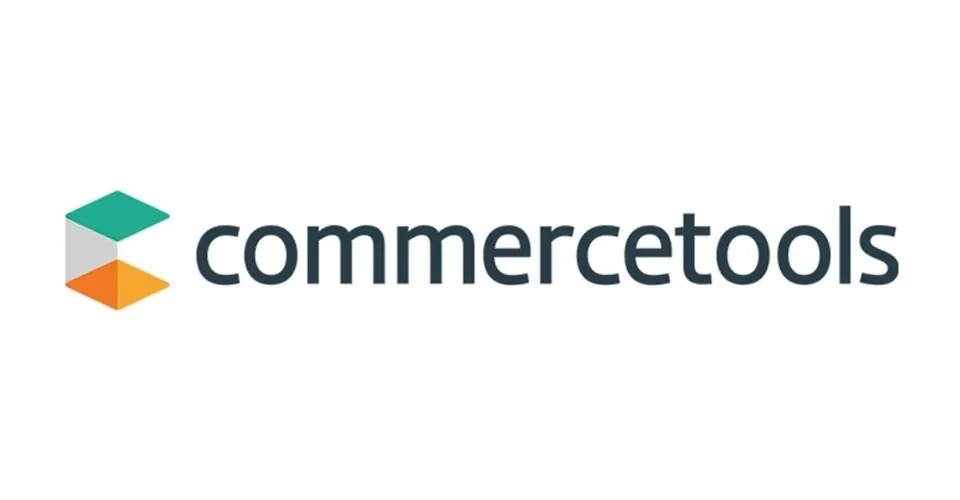
Pros
- Full API support – no SQL needed. Necessary functionality is covered via API
- No need for cloud solutions, back-office storage, and maintenance
- The system is increasingly expanding, with new features being added all the time
Cons
- Pricing depends on customer/SKU combination. Complex mapping of private or contract pricing for customers
- Requires a strong technical organization, with processes like CI/CD
- No need for a personalized end-user experience to build a storefront alongside a content management system elsewhere
Pricing
- Commercetools doesn’t publish pricing, so you’ll have to contact the company directly for more information.
Salesforce Commerce Cloud
Salesforce Commerce is designed for B2B and B2B sector. It provides cutting-edge cloud-based SaaS eCommerce solutions for large enterprises. As a customer-centric eCommerce framework, Salesforce allows businesses to operate independently. Employing an API-centric approach enables the creation of a superior front-end user experience while ensuring adaptability across all backend functionalities.
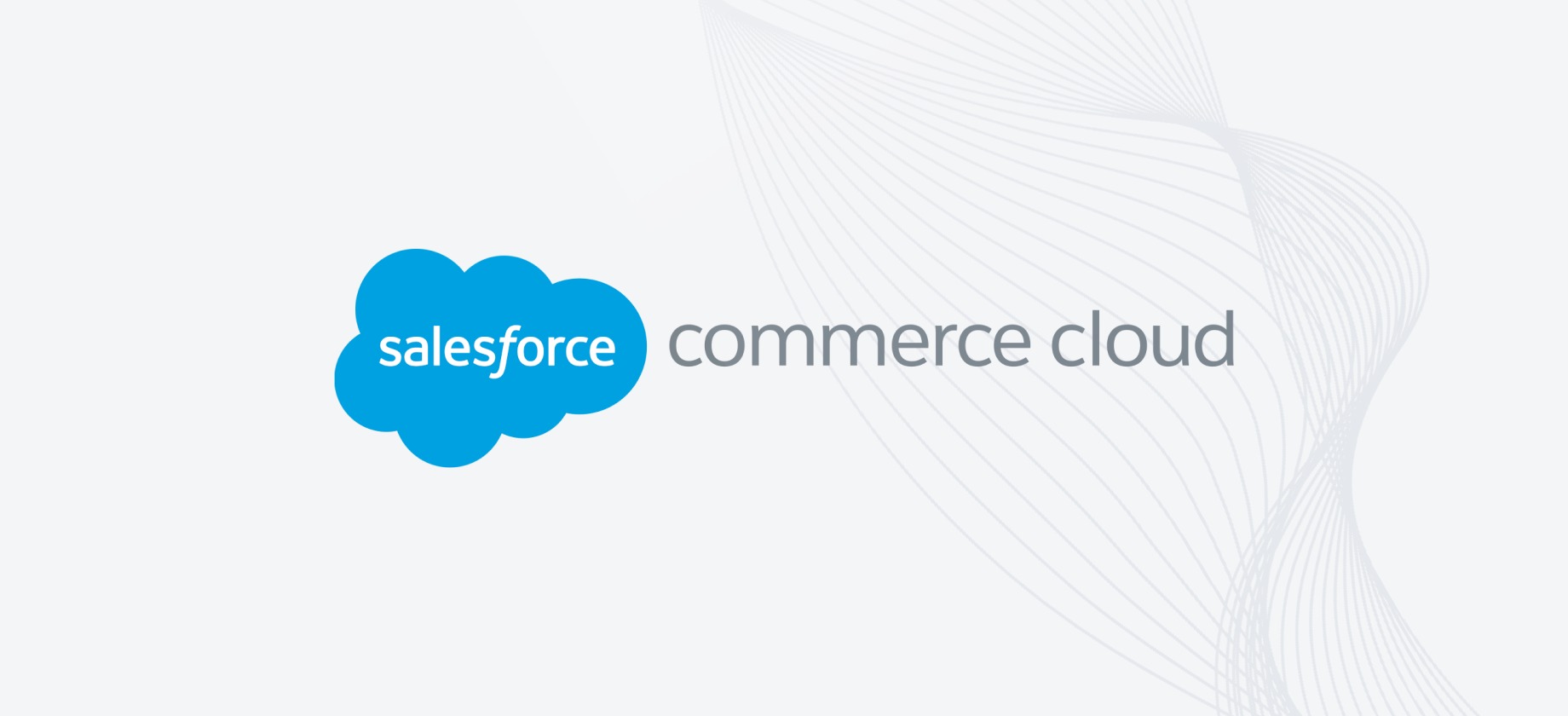
Pros
- PWA toolkit helps design mobile-first stores that digital commerce developers can easily adapt
- Powerful integration with Salesforce CRM: Salesforce Commerce Cloud integrates strongly with Salesforce’s customer relationship management (CRM) system, helping businesses optimize shopping and customer care experiences.
- Includes web application firewall, security monitoring, and headless content delivery network
- Manage tens of thousands of stores and millions of SKUs from a single back-end
- Rapid development: This platform allows businesses to deploy and develop e-commerce projects quickly, helping to optimize time and costs.
- Salesforce Customer 360 is integrated to manage customer data across marketing, sales, and service operations
- Fast Storefront powered by Commerce Managed Runtime
Cons
- Salesforce Commerce Cloud is not a good choice for small and medium businesses because it is expensive and the technology is focused on enterprise-level companies
- Salesforce runs on its own ecosystem (different apps and services), which makes it difficult to integrate any non-suite technology
- Some people have had problems with delayed customer support
- Highly technical requirements: Implementing and customizing Salesforce Commerce Cloud can require deeper technical knowledge, especially when working with complex CRM systems.
Pricing
- B2C Commerce Starting at 1% Gross Merchandise Value USD (billed annually)
- B2B Commerce Starting at 1% Gross Merchandise Value USD (billed annually)
- D2C Commerce Starting at 1% Gross Merchandise Value USD (billed annually)
- Salesforce Order Management Starting at 1% Gross Merchandise Value USD (billed annually)
- Connected Commerce Starting at 1% Gross Merchandise Value USD (billed annually)
Conclusion
Each of the platforms discussed above offers its own set of pros and cons, serving different business needs. In today’s ever-evolving headless enterprise e-commerce landscape, businesses need to carefully consider their needs and priorities to choose the platform that best fits their goals and objectives. of them, ensuring long-term success and growth in the digital market. AHT Tech is a global eCommerce development company, provideing 500+IT talent engineers, specializing in implementing enterprise headless eCommerce for specific-industry with advanced technologies. Contact us now!


![Top Enterprise Headless eCommerce in 2024 [New]](https://www.arrowhitech.com/wp-content/uploads/2025/07/enterprise-headless-ecommerce-AHT-Tech.jpg)
